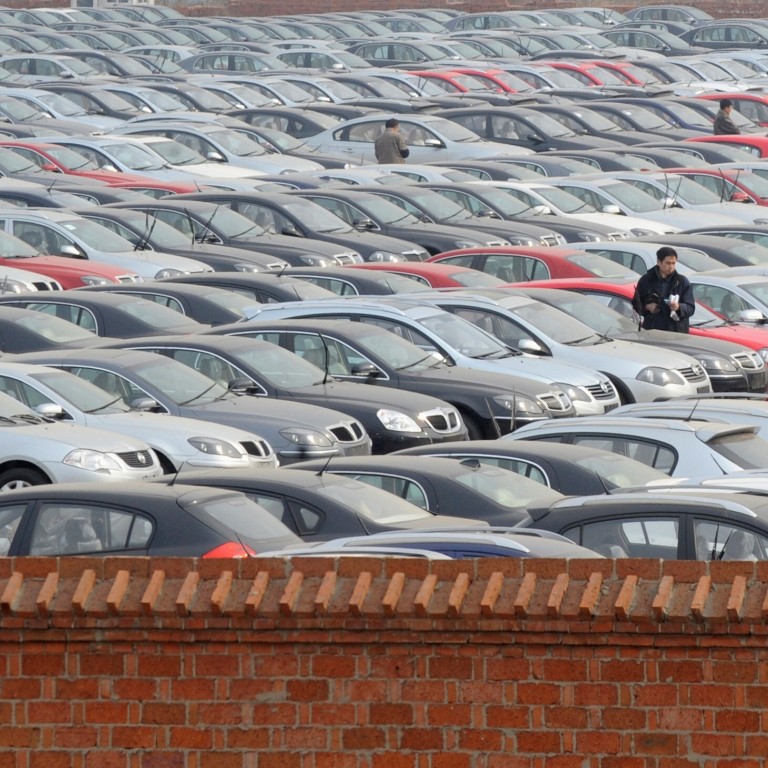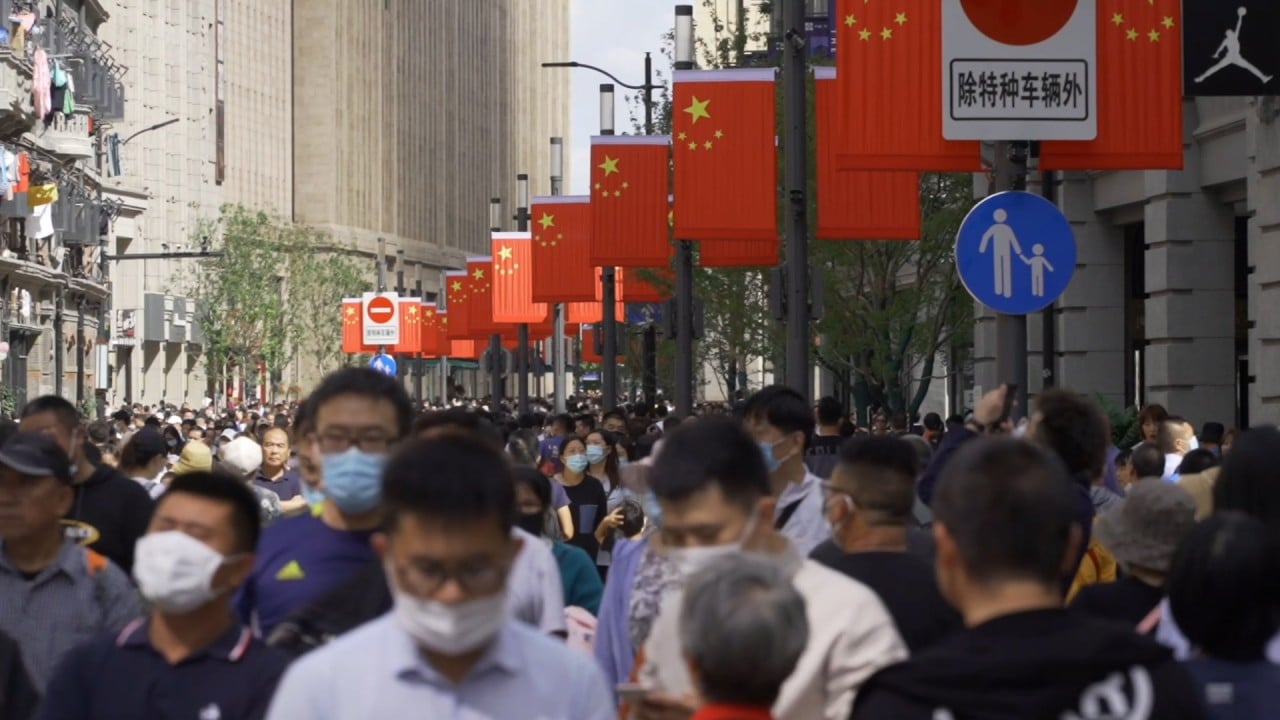
Chinese authorities warn bond issuers they can’t ‘run away’ from their debts after defaults rock investor confidence
- Financial regulators promise zero-tolerance approach after two high-profile defaults by Huachen Automotive Group and Yongcheng Coal and Electricity
- Cases have alarmed investors who had assumed that local governments would honour their debts
China’s financial regulators have vowed to crack down on people “running away” from their debts after a slew of bond defaults rocked the country’s onshore market.
According to a statement published by state news agency Xinhua on Sunday, the Financial Stability and Development Committee agreed to adopt a zero-tolerance approach and will punish all kinds of “debt evasion” to protect investors. It also promised to investigate “fraudulent issuance, disclosure of false information, malicious transfer of assets and misappropriation of funds”.
The committee, chaired by Vice-Premier Liu He, also told local governments and regulators to “build up a good local finance ecosystem and credit environment”.
The meeting follows a number of high-profile defaults by bond issuers backed by local governments, including a car manufacturer in Liaoning and a coal mine in Henan province, which had hit investor confidence in local governments’ ability or willingness to honour their debts.
China bond defaults stoke concern about ‘broader market contagion’
As a result, new bond issuance plans were suspended and the yields on some bonds have risen to 34 per cent – a strong indicator of the perceived risk.
The National Association of Financial Market Institutional Investors, a “self-discipline” agency in the interbank bond market, has initiated an investigation into its underwriters and the rating agency.
The China Securities Regulatory Commission said it had started a probe into the case while the Shanghai Stock Exchange has begun to investigate the due diligence carried out by the underwriter of Huachen bond.

01:47
China GDP: economy grew by 4.9 per cent in third quarter of 2020
While the defaults still represent a tiny portion of China’s US$13 trillion onshore bond market, the two cases have shaken a long-standing perception that local governments will always repay the debts of enterprises under their control and, in turn, challenged the sustainability of China’s debt-fuelled development model.
The financial committee also found that the defaults are the result of “cyclical, institutional and behavioural factors” – which could cover everything from deep-seated fiscal problems to fraud.
On Sunday Xu Lin, a former official at the National Development and Reform Commission, told a forum in Beijing: “This is just the beginning, and the problem will continue to spread.
“We have invested in too many projects through debt financing, and many projects can’t generate enough economic returns to repay the debt. It’s only a matter of time for defaults to emerge.”
The central government is reluctant to bail out local governments and has urged them to solve their own problems and “prevent systemic risks”.
Debt woes of one leading Chinese city highlighted by first-of-its-kind default
As a result, local governments with limited fiscal resources may choose to allow some defaults.
Logan Wright, an analyst with Rhodium in Hong Kong, warned that tacit government guarantees for state enterprise bonds “may not protect investors from losses after years of assuming that these guarantees were solid,”.
Julian Evans-Pritchard, senior China economist at Capital Economics, said the Chinese credit rating system was in need of review after the Yongcheng default.
“The fact that Yongcheng Coal, the biggest firm to default this month, had a AAA rating highlights the extent to which the pricing of credit risk remains heavily distorted by the assumption of state support,” he wrote in a note on Friday.
(In the sixth paragraph of this story, we incorrectly stated that the announcement was made on November 24. The announcement was made on November 10.)


